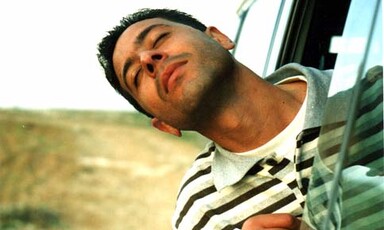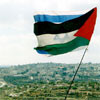
The hour before dawn
East Jerusalem 28 January 2004
“A successful military career in Israel is a stepping-stone to success in the political arena and it is not unreasonable to suppose that ex-soldiers carry army-inspired prejudices with them when they enter the Knesset. Therein, perhaps, lies a partial explanation for the construction of the apartheid wall. Maybe the idea wouldn’t have taken root had those involved not been conditioned during their formative years in uniform, and maybe it also explains why the wider Israeli public fails to oppose the project in larger numbers.” Nick Pretzlik muses on the psychological roots of Israeli violations of Palestinian rights. Read more about The hour before dawn








